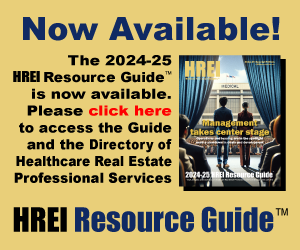Don’t touch that dial!
WHY WE SHOULD KEEP WATCHING BAD ECONOMIC NEWS
Dear Reader:
When I work out in the morning, I always have the TV on to help relieve the tedium. Since I have a short attention span, I usually flip between the local news, CNN, CNN Headline News and CNBC – impatiently jabbing at the remote when the channel I’m watching cuts to commercials.
But, regardless of which “serious” channel I watch lately, it seems like the economic news is bleak. Soaring oil and gas prices. Rising mortgage foreclosure rates. Record residential home value declines. A falling dollar. Growing inflation.
After being battered with so much doom and gloom, I must admit that there are days that I totally ignore the news and financial channels, focusing solely on ESPN. (Of course, the steroid and HGH scandals are also depressing. “Say it ain’t so, Roger!” But that’s another story.)
There are even some mornings when I escape reality entirely, turning to Turner Classic Movies to enjoy part of a film masterpiece from what looks increasingly like “the good old days.”
But when I recently realized I was watching more and more of Kevin Garnett and Alfred Hitchcock – and less and less of John Roberts and Joe Kernan – I decided I needed to suck it up and stay on top of the economic news.
Why? You can’t ignore your problems. It is always far better to confront challenges head on.
A case in point. The Centers for Medicare and Medicaid Services (CMS) released a report earlier this month indicating that growth inU.S.healthcare spending is projected to be 6.7 percent for 2007. From 2007-2017, the report said, annual growth in health spending is anticipated to be greater than annual growth in both the overall economy (4.9 percent) and in general inflation (2.4 percent).
“The cost of healthcare continues to be a real and pressing concern,” CMS Acting Administrator Kerry Weems said in a prepared statement. “Making sure we are paying for high-quality healthcare services, not just the number of services provided, is just one of the most critical issues facing the American public and the federal government now and in the future.”
Clearly, delivering high-quality, cost-effective healthcare for all Americans is a worthy goal – and an enormous challenge. But it is also an opportunity.
And it is a place where the healthcare real estate industry can shine.
Healthcare Real Estate 101 tells us that growing demand for healthcare services leads to growing demand for healthcare facilities. But rather than simply reaping the benefits of this demographic and economic inevitability, I hope that we take the opportunity to do our part. I hope that the many talented healthcare real estate professionals across the country will apply their brilliant, creative minds to devising ways to improve the healthcare delivery system through higher quality, more cost-effective facilities. We can do well by doing good.
So I am going to keep watching the news and financial channels – and I hope you will, too. After all, the more we know about economic problems, the more motivated and better equipped we will be to be part of the solution.
Murray W. Wolf, Publisher
The full content of this article is only available to paid subscribers. If you are an active subscriber, please log in. To subscribe, please click here: SUBSCRIBE





Comments are closed, but trackbacks and pingbacks are open.